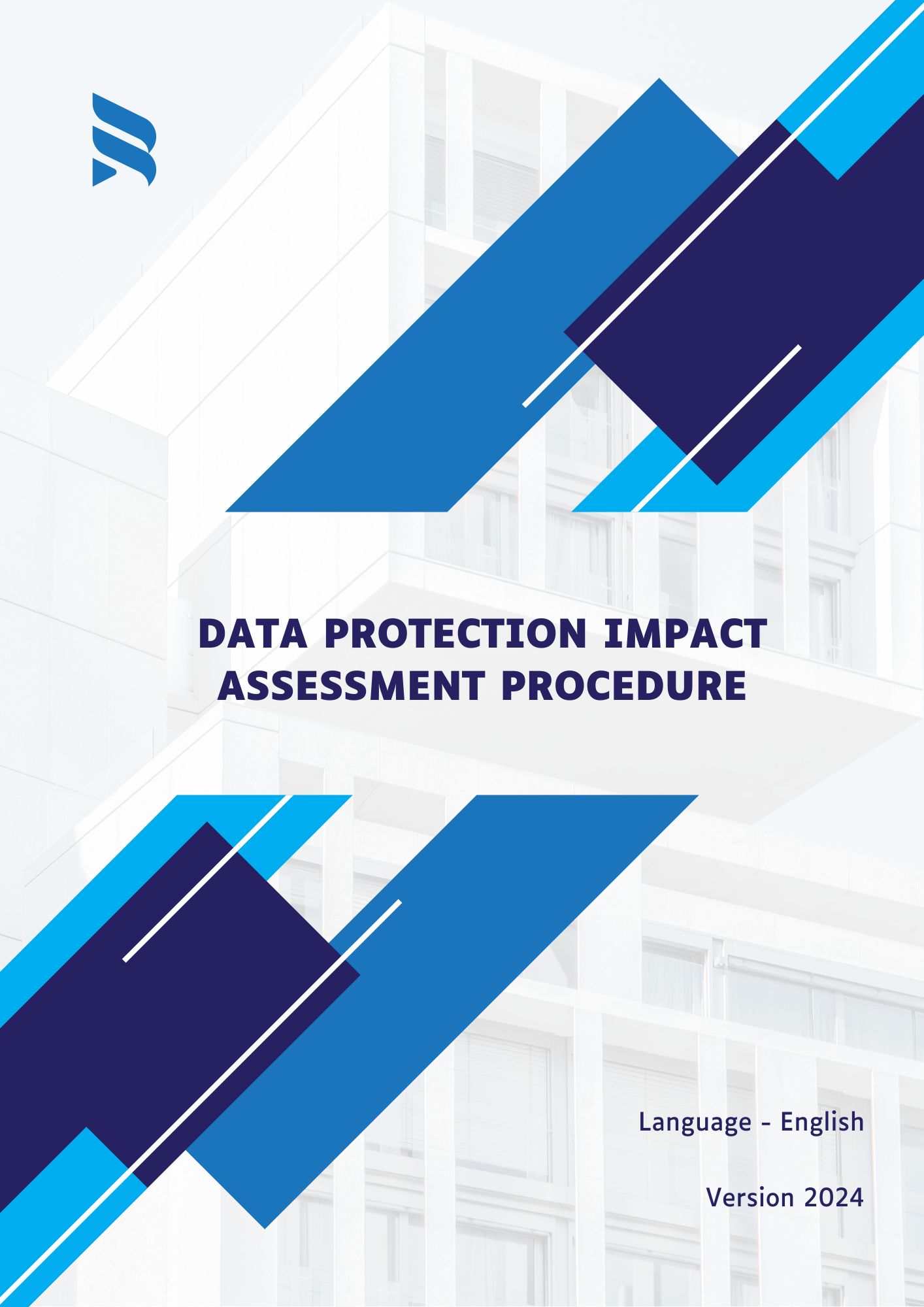Only logged in customers who have purchased this product may leave a review.
Data Protection Impact Assessment (DPIA) Procedure
Original price was: £49.99.£29.99Current price is: £29.99.
A Data Protection Impact Assessment (DPIA) Procedure template is a structured document that outlines the process for conducting DPIAs to identify and mitigate privacy risks associated with data processing activities. This procedure provides step-by-step instructions, criteria, and templates for assessing the impact of data processing on individuals’ privacy rights and compliance with data protection regulations. Keywords: Data Protection Impact Assessment (DPIA) Procedure, privacy risk assessment, data processing activities, compliance, data protection.
What it is:
The Data Protection Impact Assessment (DPIA) Procedure template is a comprehensive document that guides organizations through the process of conducting DPIAs. It outlines the steps, roles, and responsibilities for identifying, assessing, and mitigating privacy risks associated with data processing activities.
When it is used:
Organizations use the Data Protection Impact Assessment (DPIA) Procedure template when initiating new data processing activities or making significant changes to existing processes. It is essential for complying with data protection regulations such as the General Data Protection Regulation (GDPR) and ensuring that data processing activities do not unduly infringe on individuals’ privacy rights.
By whom:
The Data Protection Impact Assessment (DPIA) Procedure template is utilized by data protection officers, privacy teams, compliance officers, and stakeholders responsible for managing data processing activities. It is relevant to organizations of all sizes and industries that handle personal data and are subject to DPIA requirements under data protection laws.
Legal base:
The Data Protection Impact Assessment (DPIA) Procedure is grounded in data protection laws and regulations that require organizations to assess and mitigate privacy risks associated with data processing activities. By following the procedure, organizations demonstrate their commitment to protecting individuals’ privacy rights and complying with legal requirements related to DPIAs.
Potential fines and situations when they may be imposed:
Failure to comply with the terms of the Data Protection Impact Assessment (DPIA) Procedure can lead to various consequences, including:
- Regulatory Penalties: Non-compliance with DPIA requirements under regulations such as the GDPR may result in fines, penalties, or enforcement actions imposed by regulatory authorities for violations of individuals’ privacy rights.
- Legal Liabilities: Failure to conduct DPIAs or address identified privacy risks may expose organizations to legal liabilities, lawsuits, and financial damages if data breaches or privacy violations occur due to non-compliance with DPIA requirements.
- Reputational Damage: Inadequate privacy risk assessments or failure to mitigate identified risks may damage the organization’s reputation and erode customer trust, leading to loss of business and revenue.
By using the Data Protection Impact Assessment (DPIA) Procedure template to conduct systematic assessments of privacy risks, organizations can identify and mitigate potential harms to individuals’ privacy rights, ensure compliance with data protection regulations, and demonstrate accountability in data processing practices. This procedure serves as a critical tool for promoting privacy by design and embedding privacy considerations into organizational decision-making processes.
The Data Protection Impact Assessment (DPIA) Procedure template serves as a flexible form applicable across various situations. Delivered in Microsoft Word, it is crafted in straightforward language for effortless utilization and modification.









Reviews
There are no reviews yet.